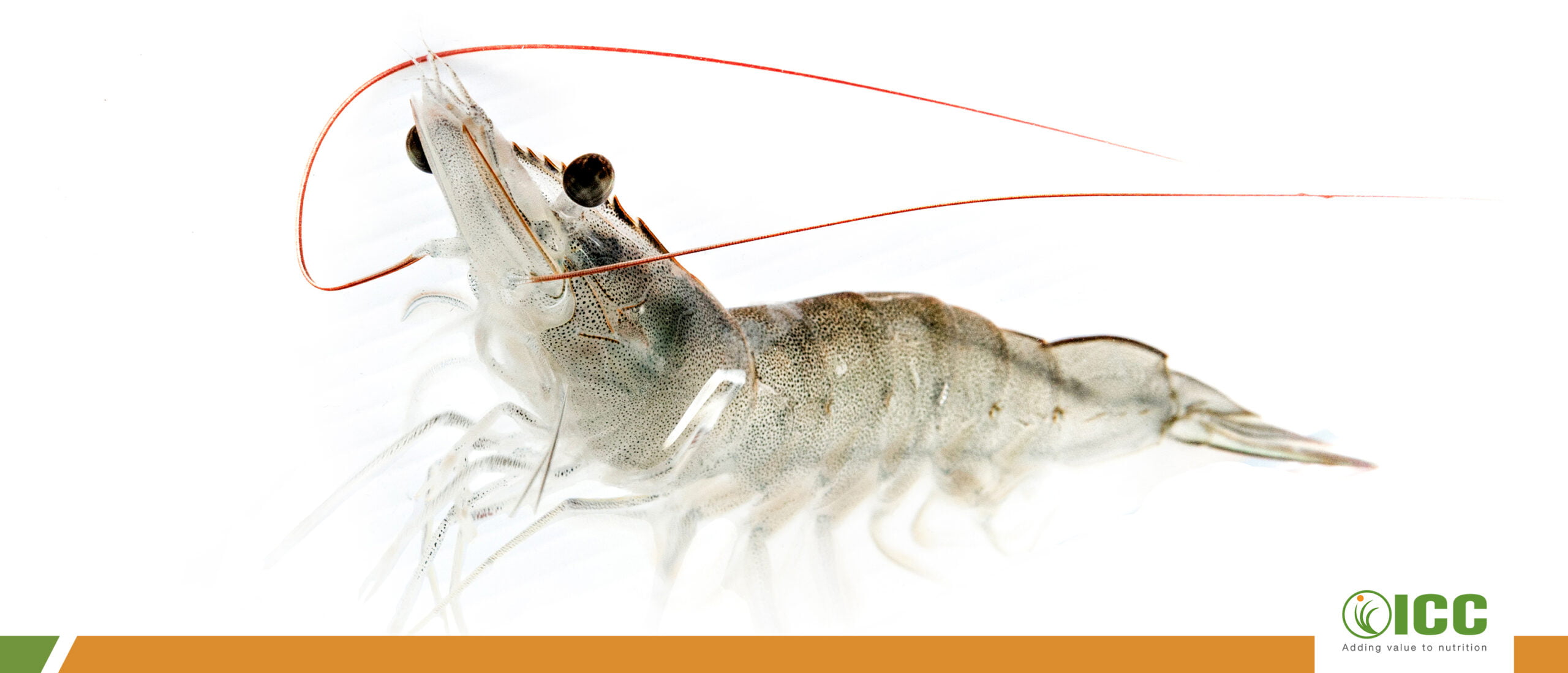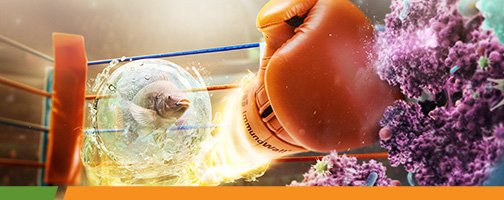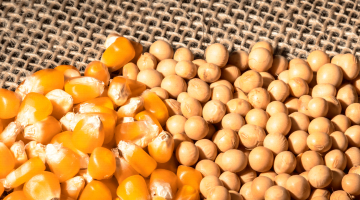Safe Management Series: stocking density and consequences in aquaculture
Learn more about this key factor in aquaculture with the information provided by Liliana Borges and Melina Bonato, members of ICC Brazil’s Research and Development Department.
Do you know how stocking density influences the productive performance of fish and shrimp? Determining stocking density is a crucial first step for aquaculture farmers investing in aquaculture, aiming at better productivity by area and, at the same time avoiding animal stress-related losses. Dr. Melina Bonato, R&D Manager, and Dr. Liliana Borges, R&D Analyst, both animal scientists at ICC Brazil, address this important issue in aquaculture in the “Safe Management” series. Read on below.
Stocking density is considered one of the key factors for the growth potential of fish and shrimp, which is also related to the type of cultivation and environmental factors as there is an ideal crop density for each production system. The stocking density aims to generate production in a smaller space and a shorter period, ensuring the highest productivity without sacrificing quality. High density may cause stress and mortality, while low density creates an inefficient use of the available area and may not generate the profitability expected by the fish farmer.
Densification influences the behavior of animals, since there may be food disputes, low availability of oxygen, stress, decreased immunity, greater susceptibility to diseases, and high mortality. High densities reduce consumption and worsen feed conversion, which consequently results in biochemical and physiological changes, these in turn, are responsible for the negative effects on growth and performance.
Such changes occur as a response to the stress when faced with challenges, functioning as an increase in blood glucose. It results in decreased performance in which the energy destined for growth is instead channeled to compensate for the unfavorable situation. Therefore, the nutritional requirements of the cultivated species may vary according to the facilities and stocking densities used, which is why the aquaculture farmer must pay attention to the behavior of fish and shrimp. It is worth mentioning that semi-intensive and intensive production systems demand well-executed management practices in order not to alter the physiological parameters and, consequently, animal production.
Efficient production does not mean reaching the maximum final weight but achieving a performance produced with an adequate feed conversion over a short period and with a final weight accepted by the consumer market. Thus, ideal stocking density is represented by the most substantial quantity of animals produced efficiently per unit volume of a net tank, ensuring the safety and quality of the end product.
ImmunoWall®: faster and more effective response of the innate immune system
Our blog (https://bit.ly/2X1m1Dg) has already discussed how both fish and mammals have an innate and adaptive immune system. This innate feature is responsible for primary responses, which are rapid, non-specific, and store no memory against recontamination. In contrast, the adaptive feature is responsible for specific responses, or in other words, an intense reaction with pathogen-specific antibodies.
Therefore, to obtain faster and more effective innate immune system responses, ICC Brazil presents ImmunoWall®, a cell wall of Saccharomyces cerevisiae yeast with 35% β-glucans (1.3 and 1.6) and 20% mannan oligosaccharides (MOS). ImmunoWall® acts on the response of the innate immune system, promoting a faster response when in the presence of a pathogen or antigen. Also , it has a high capacity for agglutination of pathogenic bacteria that have fimbriae and adsorb a wide range of mycotoxins. This set of actions contributes to the prevention of diseases and stimulates greater productivity gains in aquaculture by improving responses to infections and reducing the use of medicines, which ultimately results in increased profitability.
Are you looking for more solutions to optimize aquaculture performance and improve the efficiency of the animals’ immune system? Discover ICC Brazil’s complete product portfolio: www.iccbrazil.com/linha-produtos.
Posted in 15 July of 2020


